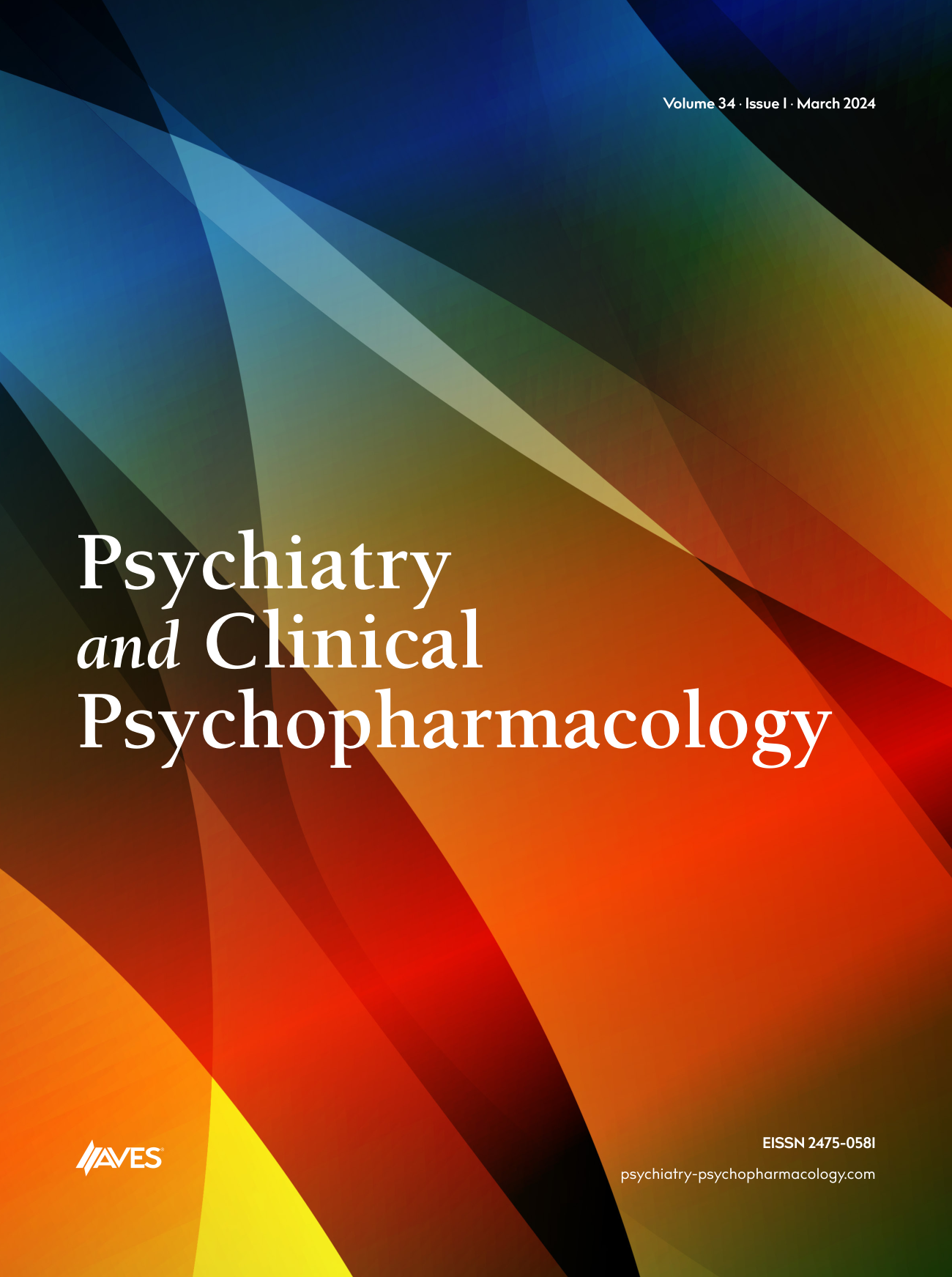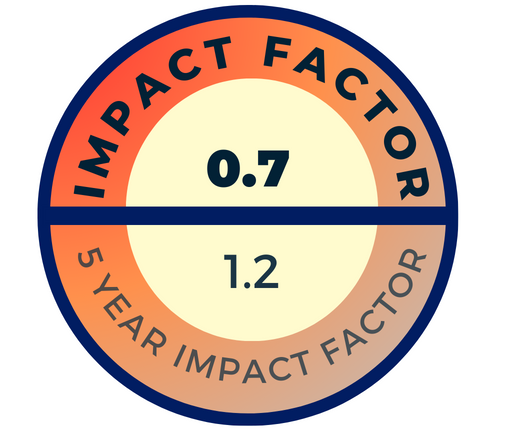Risperidone is proposed to be an effective agent for treating many psychiatric disorders in children and adolescents such as psychotic disorders, pervasive developmental disorders, conduct disorder and behavioral problems accompanying mental retardation. Excessive appetite, weight gain, and sedation are among the most common adverse effects; on the other hand, risperidone-induced enuresis is rarely reported. There are a number of case reports in the literature about risperidone-induced enuresis in children. Antipsychotic-induced enuresis is an embarrassing and distressing adverse effect that may lead to severe compliance problems. Here, we report a pediatric case that developed nocturnal enuresis during risperidone and was treated successfully after administration of desmopressin. Our patient was a 15-year-old boy with the diagnosis of psychotic disorder not otherwise specified. Risperidone 1 mg/d was initiated and titrated up to 4 mg/d, but he developed daily urinary incontinence during the second week. He and his family had no history of enuresis. All relevant medical history and workup, including physical exam, neurological exam, fasting glucose, urinalysis, thyroid stimulating hormone, and urine drug screen was unremarkable. For his enuresis, behavioral intervention was initiated; however, no improvement was observed. Then desmopressin, 120 mcg at night, was added to the treatment regime; and after the first week, his enuresis symptoms resolved completely. The pathophysiology of antipsychotic-induced enuresis remains unclear. Risperidone primarily acts as an antagonist on the serotonin type 2A (5HT 2A) and dopamine type 2 (D 2) receptors; also it has a strong blockade effect for α-1 and α-2 adrenergic receptors. α-1 adrenergic system regulates the tonus of internal urethral sphincters. It may be that antagonist effect of risperidone on the α-1 receptors of the internal bladder sphincter causes urinary incontinence. However, besides the α-adrenergic blockade, other mechanisms may be involved in the pathogenesis urinary incontinence associated with risperidone treatment. Regarding the management of enuresis associated with antipsychotics, several interventions including behavioral modifications. Appropriate risk management need not necessarily involve cessation of the antipsychotic medicine. There have been claims of successful treatment of antipsychotic induced enuresis with various adjunctive medications, all of which seek to exploit some of the different pharmacological mechanisms noted above; these include amitriptyline, desmopressin, ephedrine and anticholinergic drugs such as oxybutynin and trihexyphenidyl. This report suggests that in cases with enuresis that occurred during risperidone treatment, desmopressin may be an alternative. Early identification of this side effect, when combined with early treatment, may increase medication adherence.



